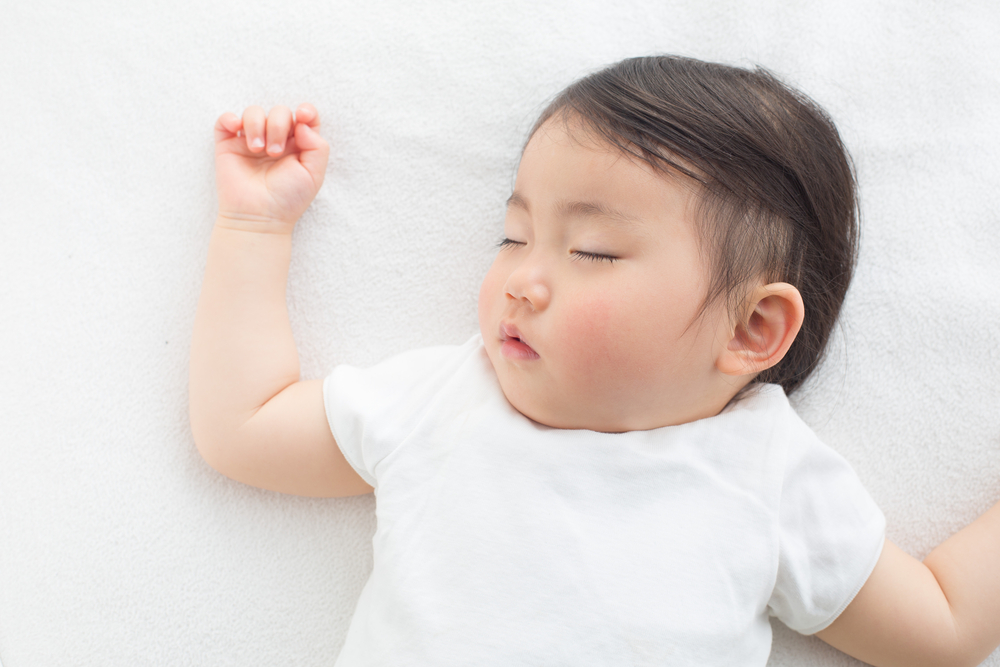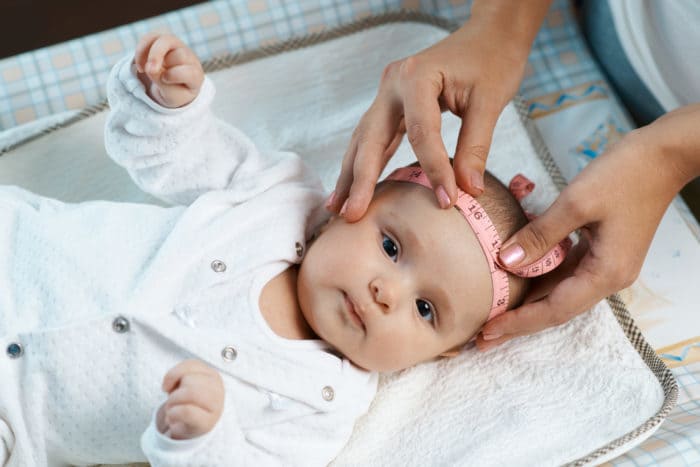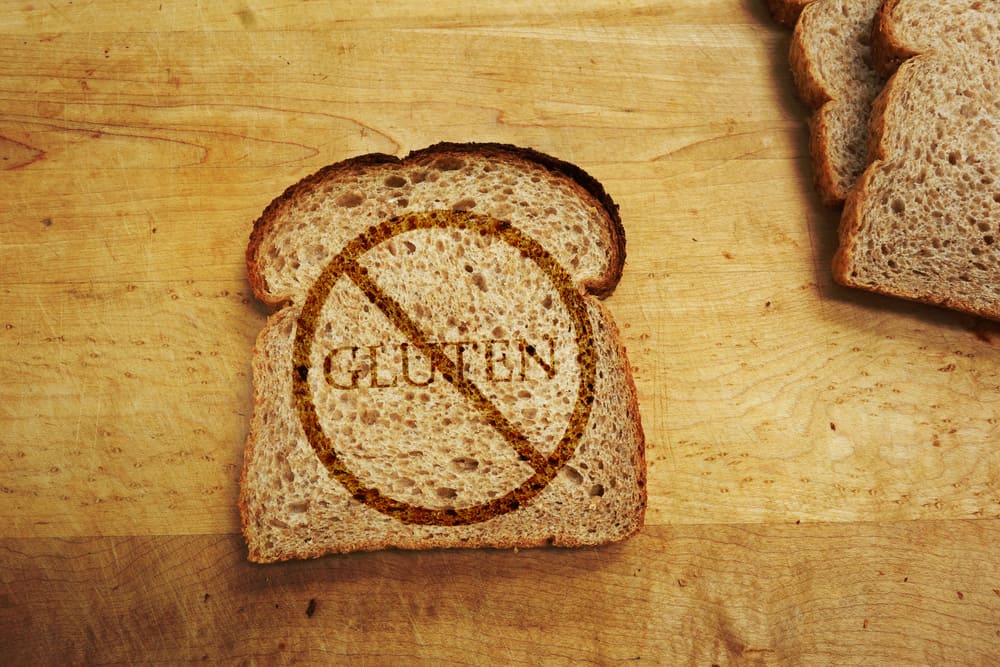Contents:
- Medical Video: Hydrocephalus and its treatment | Boston Children’s Hospital
- What is hydrocephalus?
- What are the symptoms of hydrocephalus in children?
- So, what should parents do?
- How to prevent it?
Medical Video: Hydrocephalus and its treatment | Boston Children’s Hospital
Reported from the Gajah Mada University page, data from the Ministry of Health of the Republic of Indonesia noted that there were around 18 thousand children with congenital hydrocephalus in 2013. This number continues to increase from year to year, one of which is because parents check their children late to the doctor. So, you certainly need to know in advance what signs and symptoms of hydrocephalus in children can be treated as soon as possible before it's too late.
What is hydrocephalus?
Hydrocephalus is a buildup of cerebrospinal fluid in the brain cavity (ventricle), causing the brain to swell. Normally, this cerebrospinal fluid will flow through the brain and spinal cord, then absorbed by the blood vessels. Under certain conditions, cerebrospinal fluid in the brain can increase due to various things, including:
- Blockages in the brain or spinal cord.
- Blood vessels cannot absorb cerebrospinal fluid.
- The brain produces too much cerebrospinal fluid so that it cannot be absorbed completely by the blood vessels.
Almost all parts of the child's body will be affected by hydrocephalus, ranging from growth disorders to a decrease in children's intelligence. If not treated immediately, this can cause brain damage and other health problems in patients, especially children.
What are the symptoms of hydrocephalus in children?
Hydrocephalus can occur in anyone, but is more often experienced by infants and children. In some cases, hydrocephalus can be started since the child is born. The causes include:
- Genetic factors that are not normal
- Birth defects because the spine is not closed
- Infection that occurs during pregnancy, for example rubella
You probably already know that the most common symptom of hydrocephalus in children is enlargement of the head size from normal size. However, the symptoms of hydrocephalus in children tend to vary depending on their age.
Various symptoms of hydrocephalus in children less than one year old including:
- Soft fontanel above the head
- The size of the head circumference increases rapidly
- Eyes curved downward
- Seizures
- Fussy children
- Gag
- Too much sleep
- Do not want to eat
- Decreased muscle strength
Hydrocephalus can also be experienced by children aged 1 to 5 years, aka pre-school age. Besides being marked by enlargement of the head size,symptoms of hydrocephalus in children ages of 1 to 5 years which need to be aware of include:
- Crying for a while but her voice rose
- Cockeye
- Headaches in children
- Muscle cramps
- Slower growth
- Decreased appetite
- Too much sleep
- Seizures
- Nausea or vomiting
- Difficulty concentrating
So, what should parents do?
Understanding the symptoms of hydrocephalus in children is important as early as possible. The sooner you find the symptoms, the faster the child will get the right treatment from the doctor.
The doctor will do a number of physical examinations to confirm the symptoms. These tests include examination of sunken eyes, body reflexes, soft bumps on the head, and the size of a child's head circumference which tends to be larger than normal size.
How to prevent it?
You cannot immediately prevent hydrocephalus in children if there is already a "talent". But calm down first. You can still reduce the risk since the beginning of pregnancy.
Check your pregnancy regularly and make sure you receive immunizations during pregnancy. This is useful to overcome various infections that may occur during pregnancy and prevent the risk of premature birth, one of the risk factors for hydrocephalus.
Meanwhile in children, protect your baby's head from various collisions that can occur. For example, wearing a helmet when the child is cycling or pairingcar seatto prevent collisions when in a car. These simple steps can have a big impact to reduce the risk of hydrocephalus in children.














